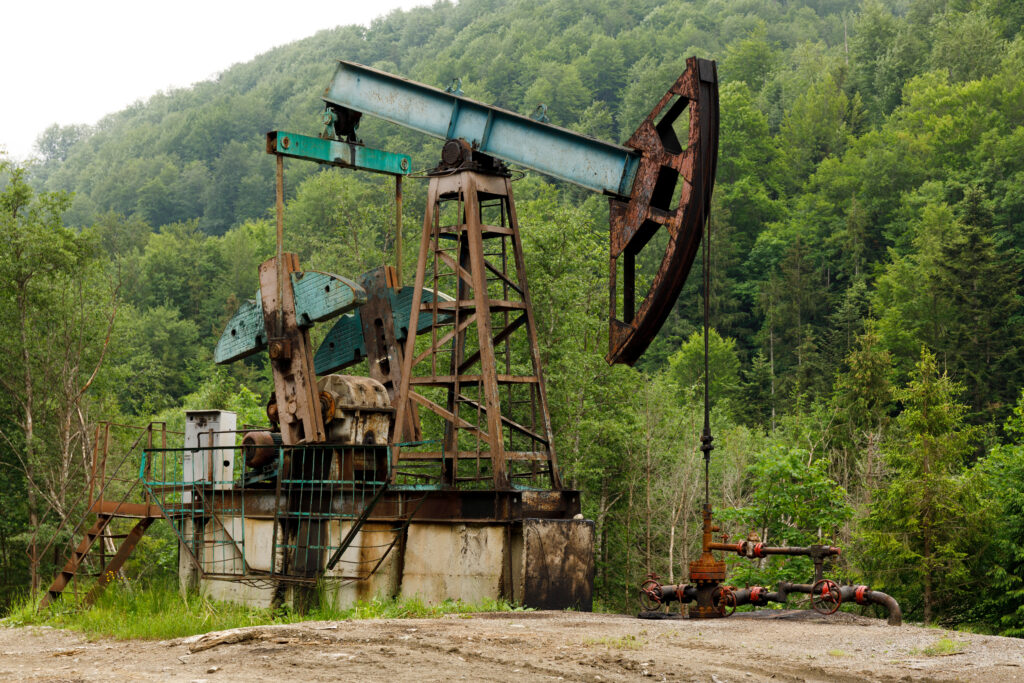What Should I Do?
Working on an oil rig can be dangerous, and accidents leading to physical injuries can have grave consequences for your well-being and financial stability. Offshore workers and others on oil rigs can sustain serious personal injuries. Examples include blow outs, explosions, equipment failures, and falls. If something at the oil rig caused you to suffer injuries, it is crucial to act and seek compensation, whether it’s a slip and fall or another cause of injury.

To build a case, you must prove that the oil rig’s negligence caused your injury. For example, if you sustained an injury in a fall, you need to show the rig manager knew about or should have known about the dangerous conditions leading to your fall. Negligence may also be proven by showing safety rules were not followed or regulatory standards were not met.
Common injuries from these incidents include:
- Hip, knee, and foot injuries.
- Shoulder, elbow, wrist, and hand injuries
- Head injuries
- Spinal injuries
- Broken bones
- Burns
- Death
Oil rigs are sophisticated workplaces, and oil industry operators are well-versed in the law, often employing lawyers to protect their interests. Like the drilling machinery used to explore for paydirt, an oil rig’s goal when an injury occurs on-site is to limit financial risk. Their aim is to undermine your case and prevent you from recovering damages for medical expenses, lost wages, and other losses. If you fell at an oil rig and were hurt, it’s crucial to contact a personal injury lawyer promptly to have legal representation working in your favor. Take immediate steps to protect your interests.
Here’s what to do:
- Seek medical attention: You should seek medical attention at once. Timely medical care is crucial to your recovery and the oil rig operator will point to the delay, suggesting you were not seriously injured.
- Document everything: You should take pictures or videos of the scene and your injuries. You should capture evidence of the dangerous conditions that led to your fall. Additionally, you should compile a list of witnesses who can verify the facts. Finally, keep a file of all bills and medical records to prove financial losses.
- File a complaint with the oil rig: You should file a formal report with the oil rig operator as soon as possible. However, one should be cautious during any interactions with their personnel, as they may try to use your words against you. If problems arise, you should consult a personal injury lawyer promptly.
- Request preservation of all evidence, including video surveillance: You should make written requests to preserve all evidence, especially video surveillance. Your efforts to collect evidence are crucial to proving the incident and how it occurred.
- Go to court: If the oil rig operator doesn’t offer full compensation for your losses, you can file a lawsuit, presenting your evidence and case in court. In Louisiana, you generally only have one year from the day of the incident to file a lawsuit against the oil rig. There may be more time for offshore injuries. Regardless, you should not delay filing.
Conclusion
Remember, you are in control. Your early decisions will influence the ease or difficulty of receiving financial compensation for your injuries. If you experienced a slip and fall or other injury on an oil rig in Louisiana, consider contacting Stag Liuzza for a free consultation.




